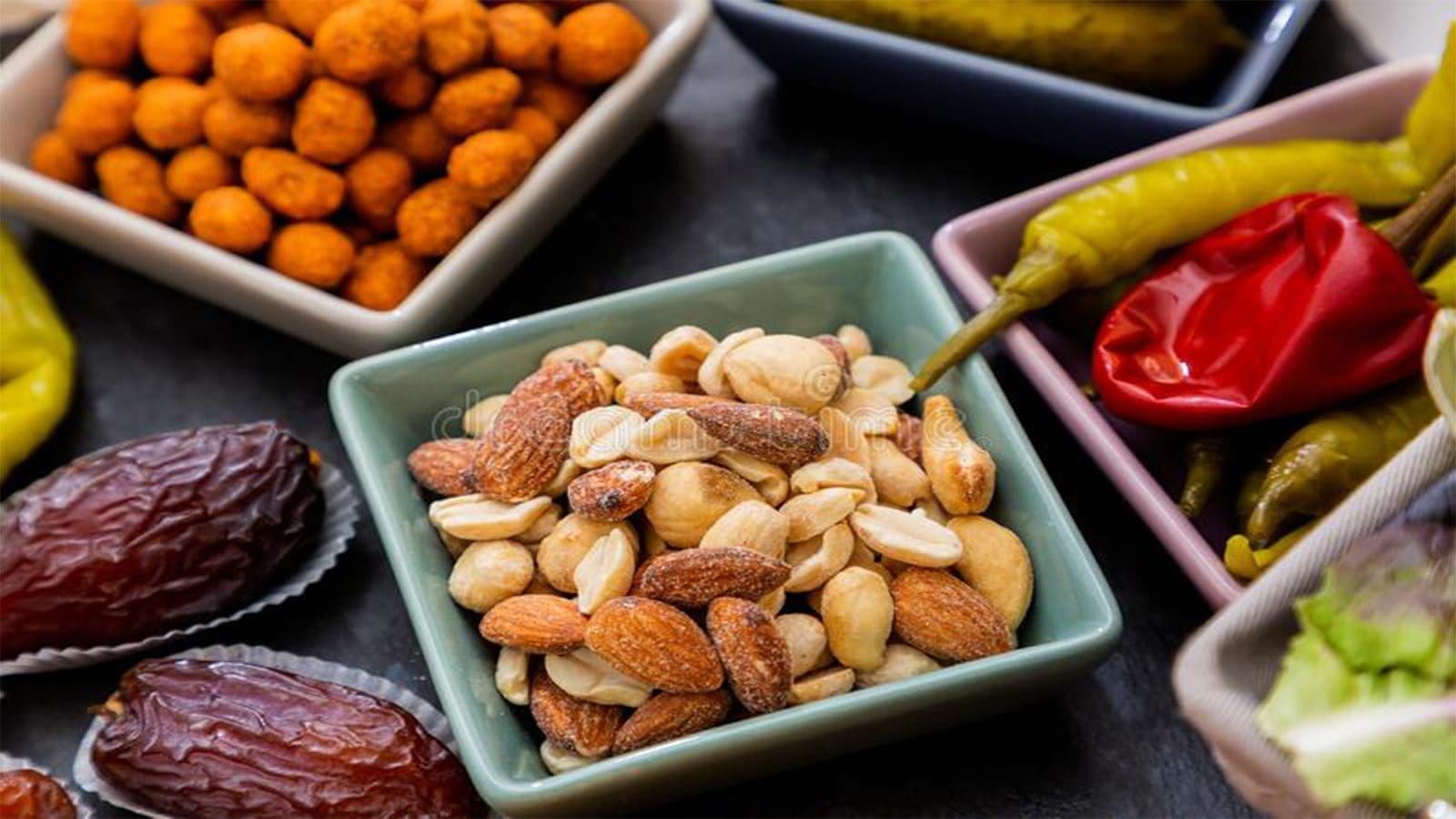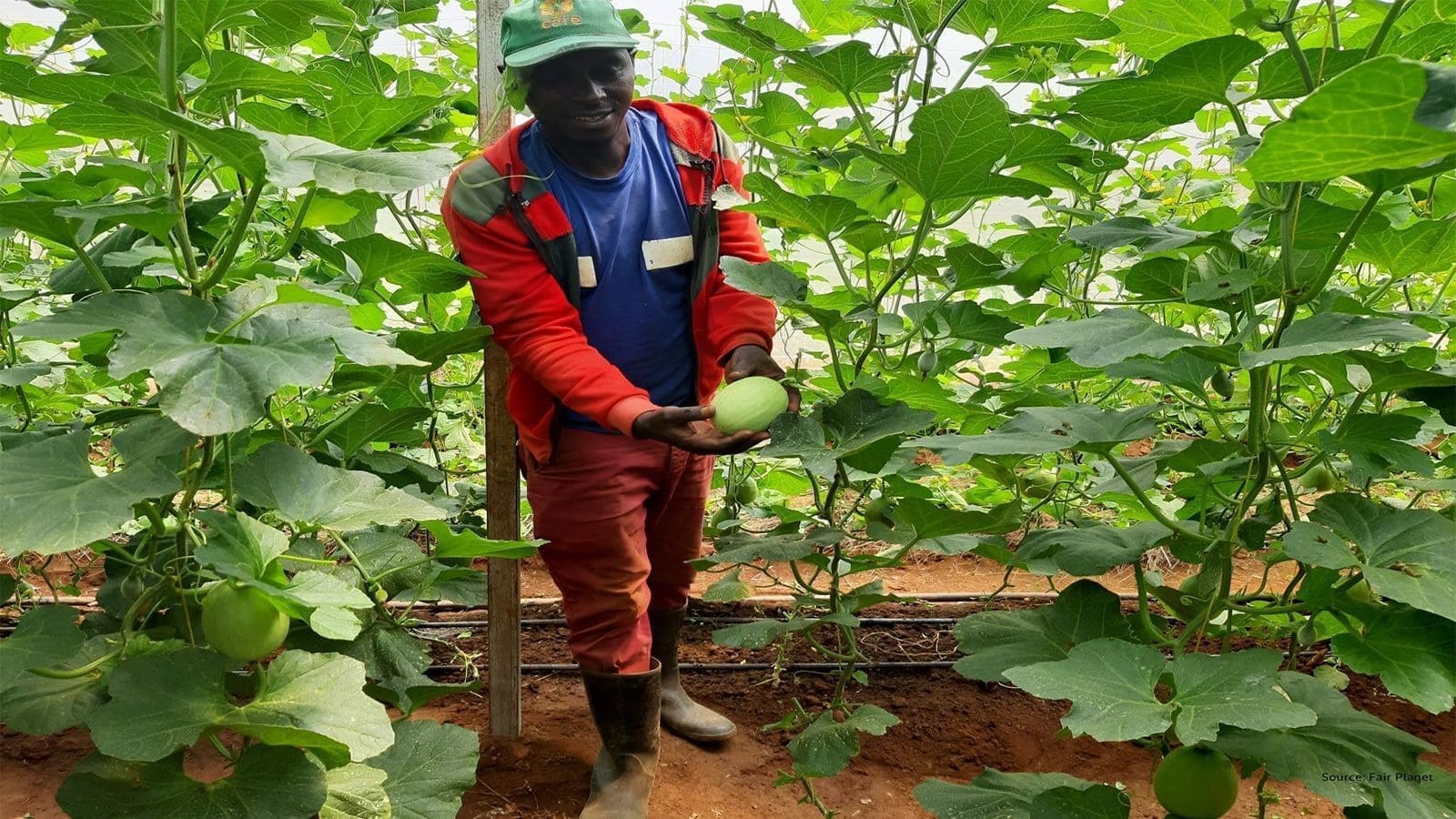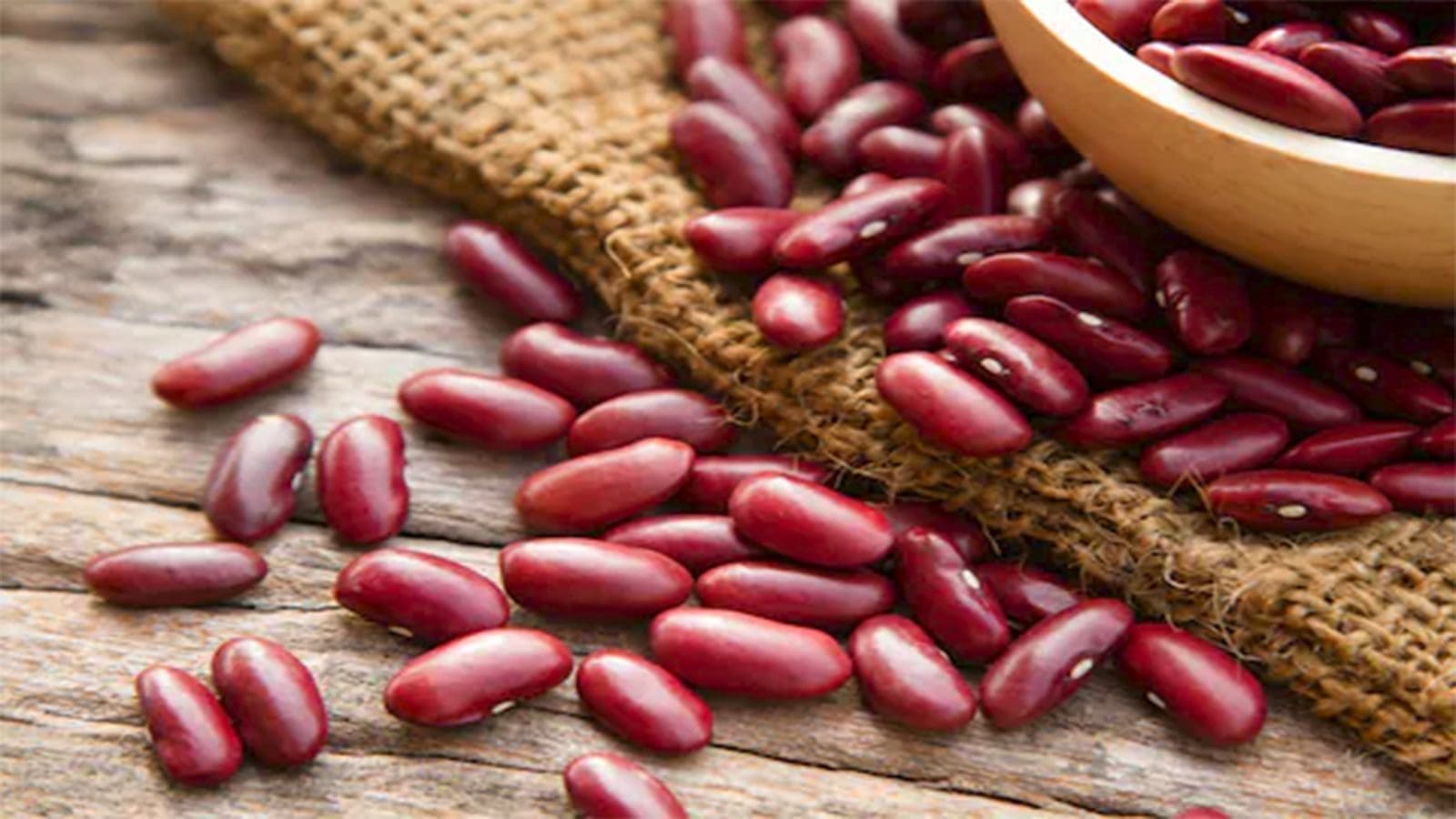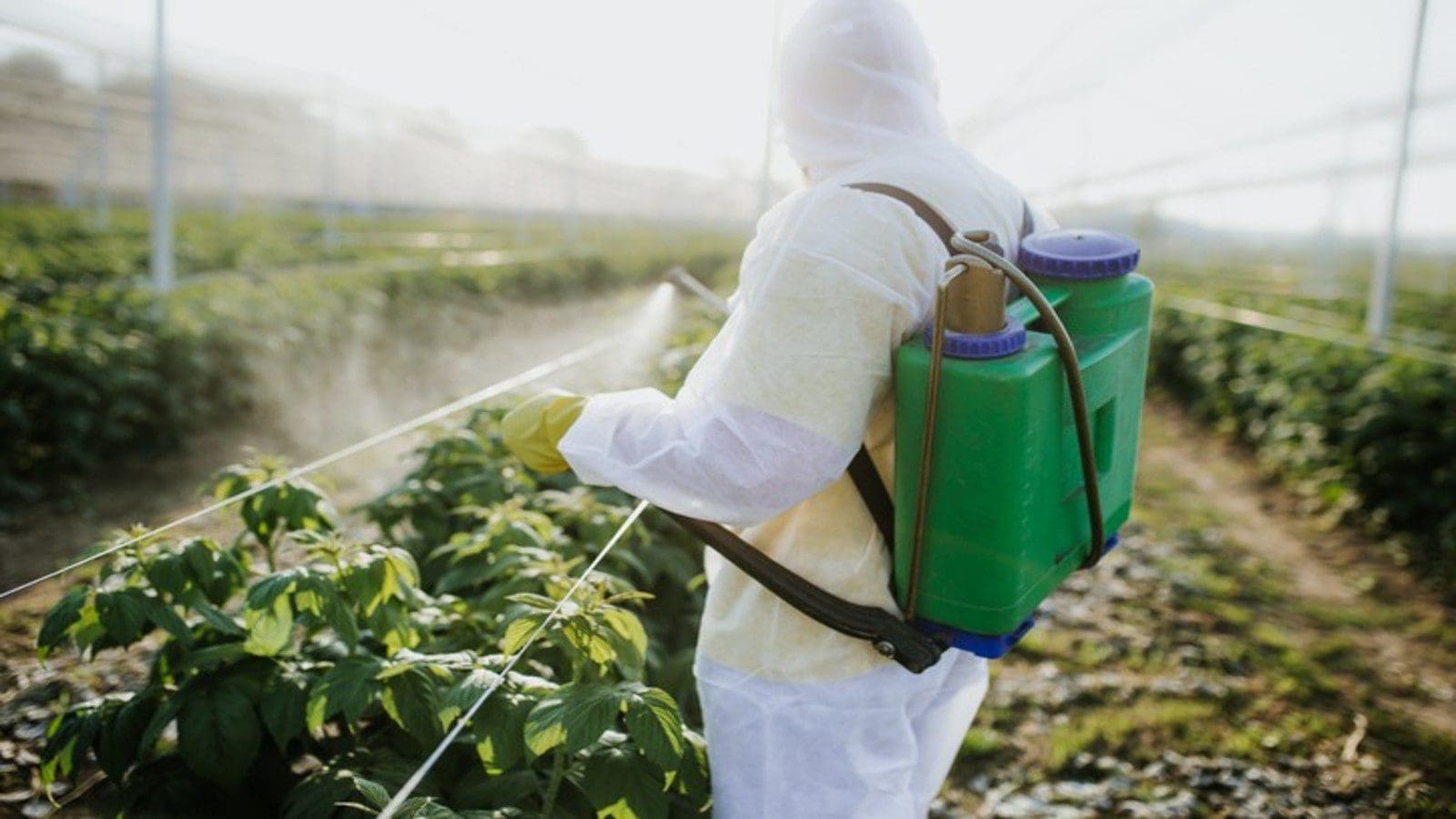EUROPE – The European Commission has updated the list of imported products subject to checks for aflatoxins, pesticides and microbial contamination.
The regulation, which came into force earlier this month, temporarily changes the rate of official controls and puts emergency measures on entry into the EU of certain goods from some non-EU countries.
The Commission modifies the rules every six months to account for new information on risks to health and non-compliance with EU legislation.
These changes are based on incidents reported through the Rapid Alert System for Food and Feed (RASFF) portal and information from official controls by member states on food and feed of non-animal origin in the second half of 2021.
Palm oil from Ghana has had an increased level of official controls because of the contamination risk by Sudan dyes since April 2016.
As a result of constant non-compliance, all consignments need to be accompanied by an official certificate with results of sampling and analyses showing compliance with EU requirements. Identity and physical checks were also set at a rate of 50 percent.
The EU has also made changes relating to ethylene oxide and mixtures of food additives containing locust bean or guar gum from India, Malaysia and Turkey, setting a frequency of identity and physical checks at 20 percent for such products entering Europe.
However, deliveries of palm oil from Ghana and the above additives from Malaysia and Turkey, which were dispatched before the EU regulation came into force, have been exempted from furnishing certificate of analysis until Sept. 3, 2022.
The revised rules elucidate that only dried spices from India should be subject to official controls at border control posts for ethylene oxide with a frequency of checks at 20 percent, as reported by Food Safety News.
The 20 percent frequency of checks on peanuts, peanut butter and peanut paste for aflatoxins from the United States still stands, but controls on hazelnuts from Georgia due to aflatoxin have been raised to 30 percent.
In addition, controls for nutmeg from India have been increased due to the risk of contamination by aflatoxins since July 2019.
However, improved compliance means an official certificate stating results of sampling is no longer necessary. Identity and physical checks are required on 30 percent of consignments entering the EU.
Oranges from Egypt will be subject to identity and physical checks for pesticide residues at a frequency of 20 percent.
Rice from India and Pakistan will be checked for pesticide residues at a frequency of 5 percent. Controls on yardlong beans and guava from India for pesticide residues were set at a rate of 20 percent.
Consignments of peppers, other than sweet, from Thailand will be checked for pesticide residues at a rate of 30 percent.
Galia melons from Honduras are still being checked at a rate of 10 percent for Salmonella Braenderup following a large outbreak in 2021. Sesame seeds from Nigeria, Ethiopia and Sudan and black pepper from Brazil remain subject to Salmonella controls at a frequency of 50 percent.
Liked this article? Subscribe to Food Safety Africa News, our regular email newsletters with the latest news insights from Africa and the World’s food safety, quality and compliance. SUBSCRIBE HERE








